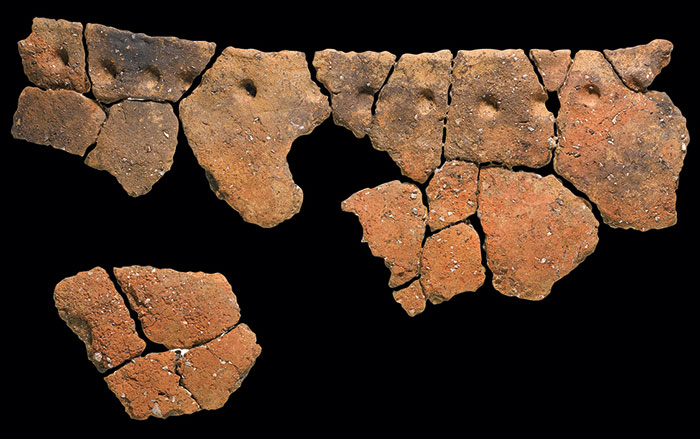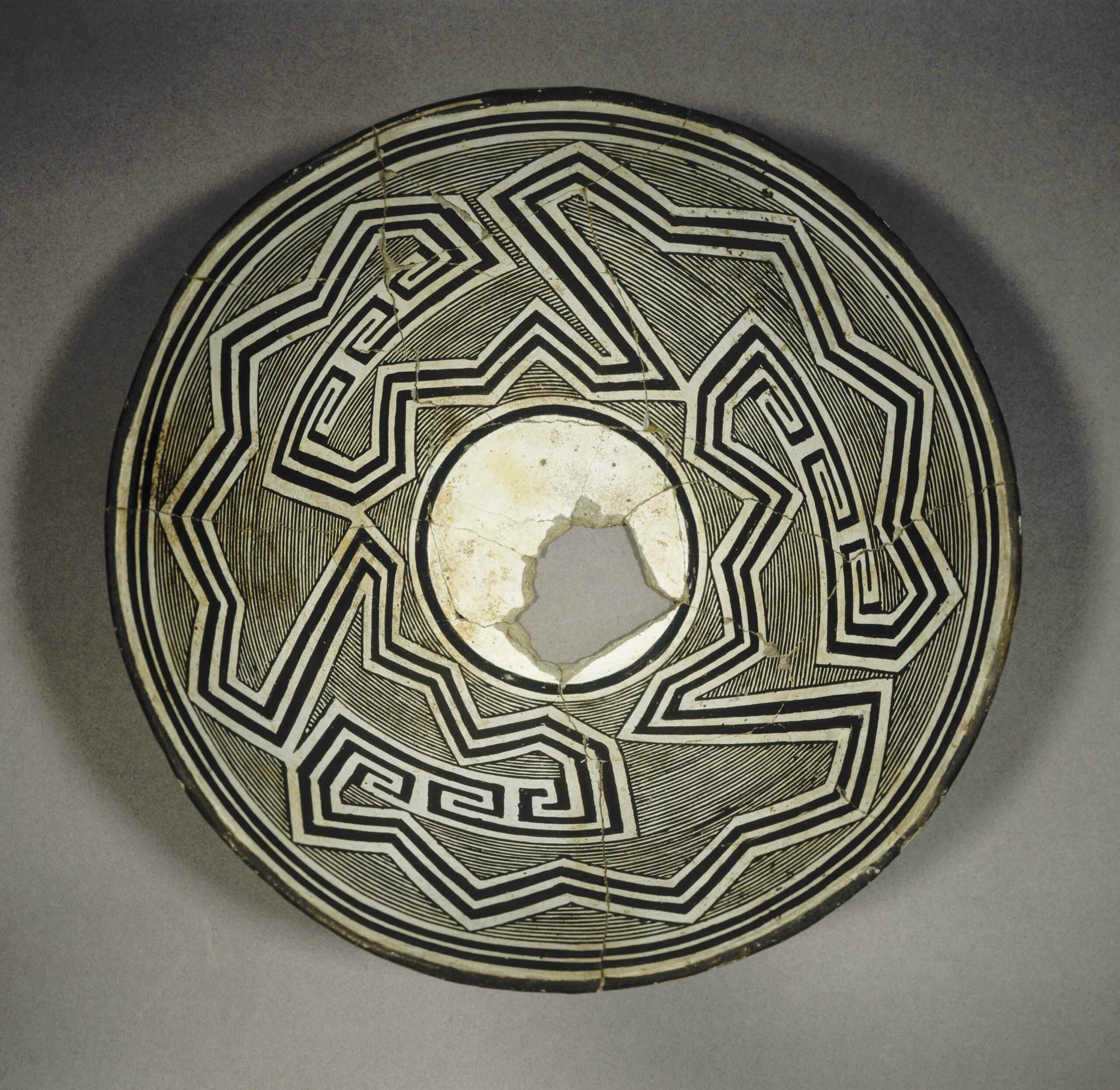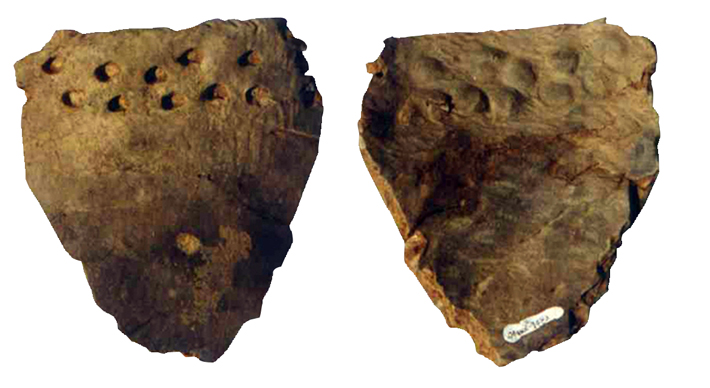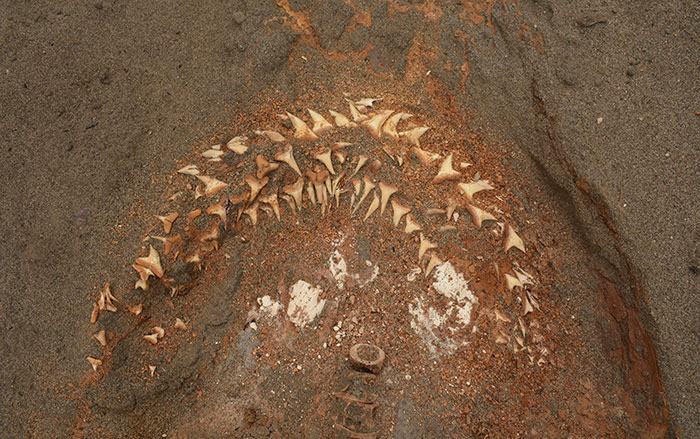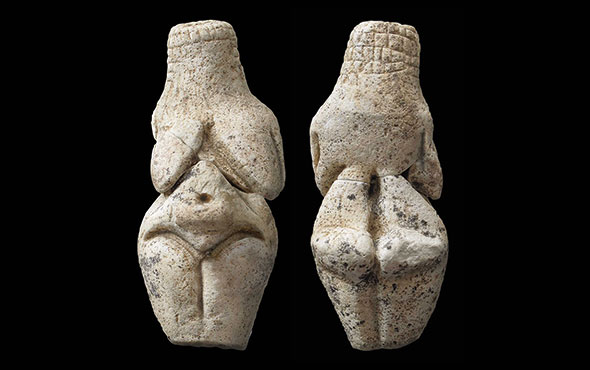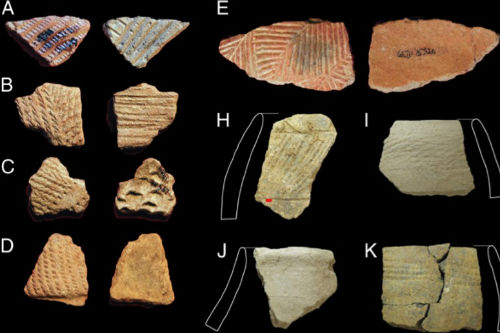
ST. LOUIS, MISSOURI—According to a statement released by Washington University in St. Louis in St. Louis, Katherine M. Grillo of the University of Florida, Fiona Marshall of Washington University, and Julie Dunne of the University of Bristol analyzed residues on pottery recovered from prehistoric sites in Kenya and Tanzania, and detected traces of cooked milk, meat, and plants. Grillo said the ability for adults to digest milk, known as lactase persistence, had been thought to have evolved in East Africa about 4,000 years ago, based upon previous genetic studies and the bones of cattle, sheep, and goats found at archaeological sites. The results of the residue testing yielded the first direct evidence of milk processing in East Africa by ancient pastoralists, Grillo explained. To read about Bronze Age vessels that residue analyses confirmed were used to wean babies with milk, go to "Artifact."



